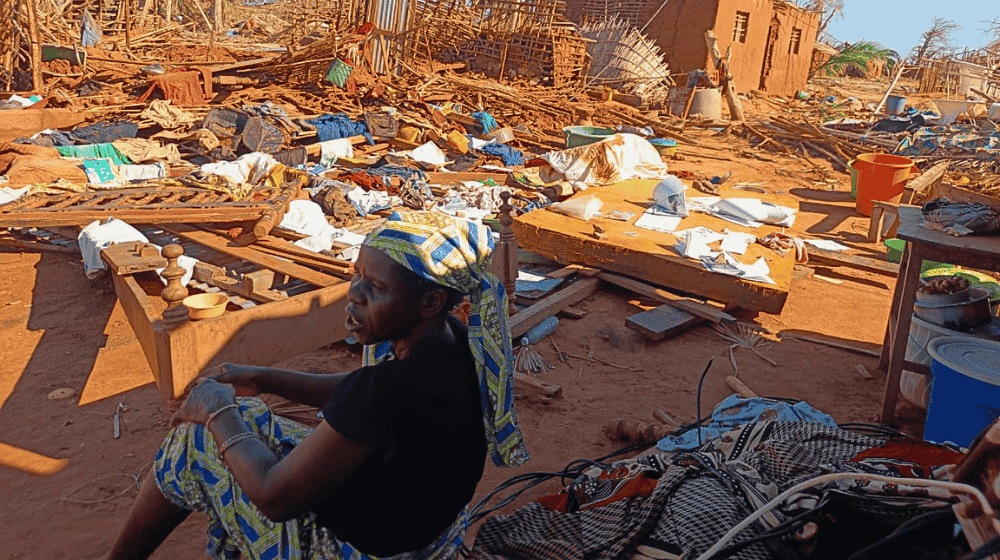Maputo, Mozambique – 18 December 2024 – Tropical Cyclone Chido tore through northern Mozambique over the weekend, leaving a trail of destruction. Torrential rains and fierce winds battered Cabo Delgado and Nampula provinces in the North of Mozambique, reducing homes to rubble, displacing thousands, and cutting off communities as roads and communication networks were washed away. For families already grappling with the challenges of forced displacement, the cyclone has compounded their suffering, making survival an even greater struggle.
As of 17 December 2024, the National Institute for Disaster Management (INGD) reports that approximately 174,158 people have been affected by Cyclone Chido, with 34 fatalities and 319 injuries. Over 44,000 women of reproductive age and 3,122 pregnant women require urgent support. These numbers are anticipated to rise as further assessments are conducted.
In the heart of Cabo Delgado, where vulnerabilities were already stretched to the limit, the United Nations Population Fund (UNFPA) has stepped up to support those most at risk—women and girls. With a focus on addressing the heightened dangers of gender-based violence (GBV) and ensuring access to sexual and reproductive health (SRH) services, UNFPA is working with the Government and partners to restore dignity and safety in the wake of the disaster.
Before Cyclone Chido made landfall, UNFPA, as the lead of the GBV Area of Responsibility (GBV AoR) in Mozambique, activated its Preparedness and Response Action Plan. This preemptive move ensured vital support systems were ready to respond to the devastation. Stocks of 20,000 dignity kits were identified and pre-positioned for distribution, while culturally sensitive GBV messages were shared in local languages to guide survivors to available life-saving services. Women’s groups and community volunteers were mobilised and trained, creating a network of grassroots responders prepared to identify and assist those in need.
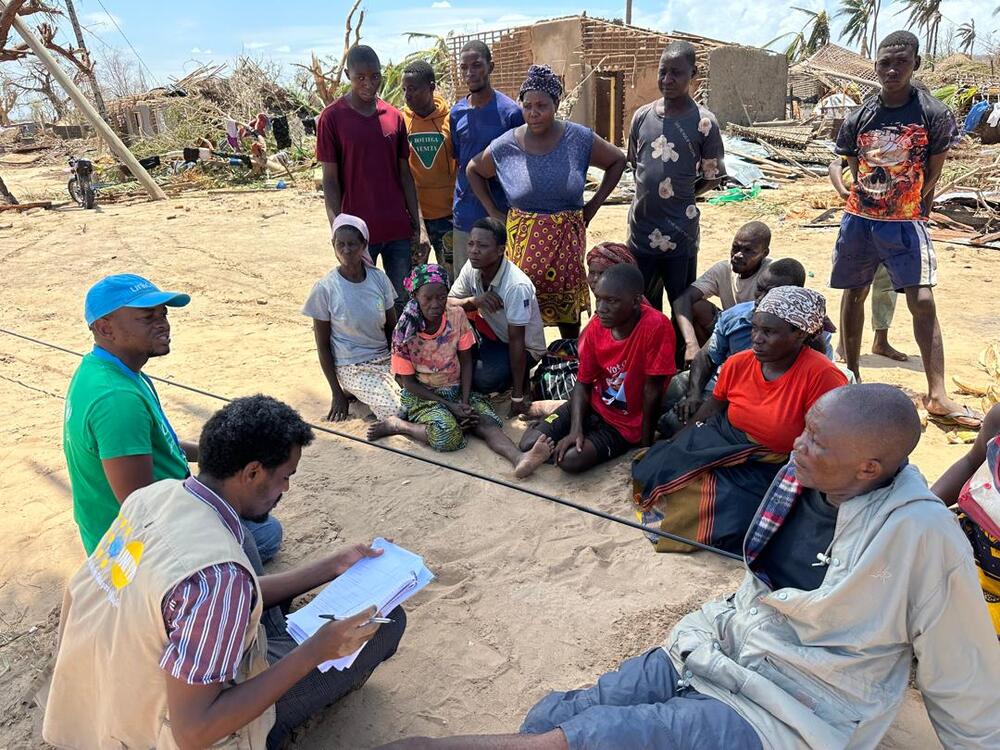
UNFPA took proactive measures to ensure the continuity of life-saving sexual and reproductive health (SRH) services. Over 35 medical tents alongside medical equipment were pre-positioned to provide immediate SRH services, and more than 30 RH kits were sorted to meet the essential needs of vulnerable women and girls. These efforts are part of UNFPA’s preparedness strategy to safeguard the health and dignity of women and girls in emergencies, ensuring that essential SRH services remain accessible even in the most challenging circumstances.
In the aftermath, multi-sectoral assessments have revealed urgent needs, including the lack of safety and privacy for women and girls sleeping in exposed conditions, insufficient access to basic needs, and alarming reports of GBV incidents. The cyclone was also a severe blow to GBV and Health response infrastructure; in Cabo Delgado, only four of the ten UNFPA-supported Women and Girls Safe Spaces (WGSS) and referral health facilities remain operational.
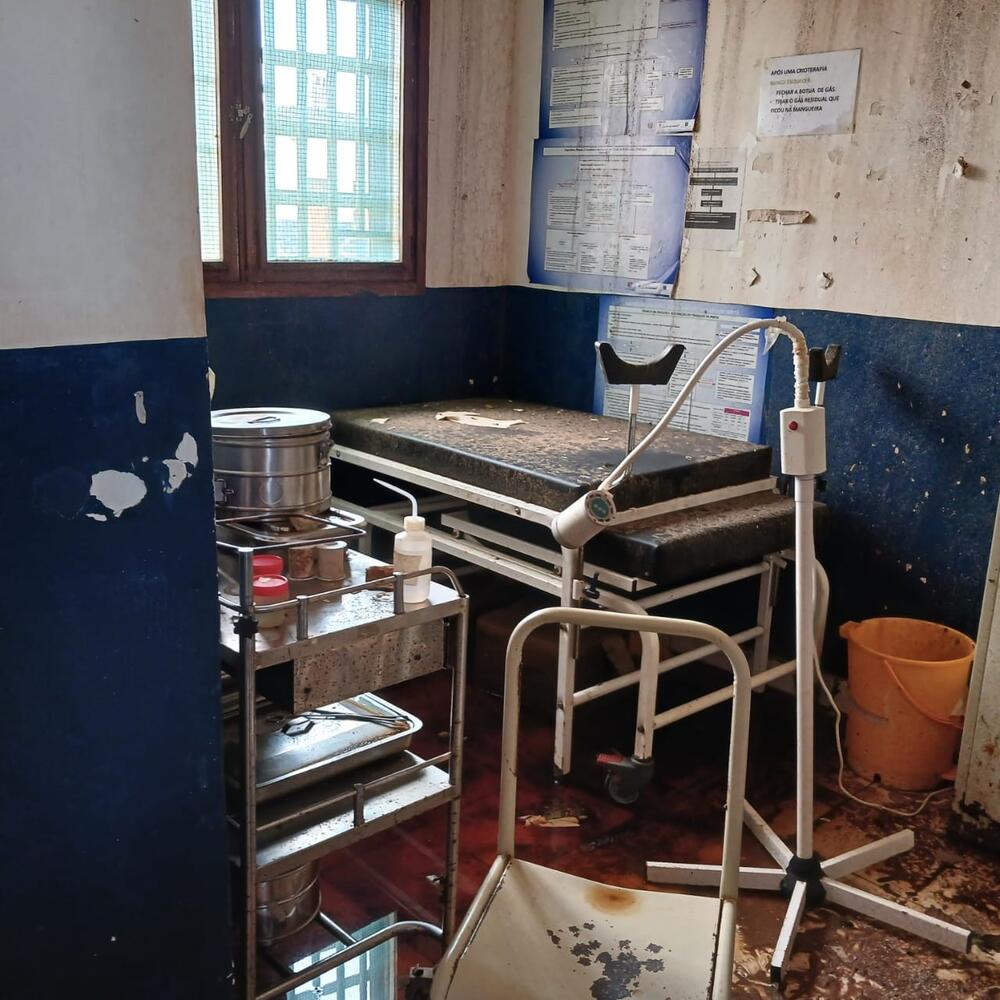
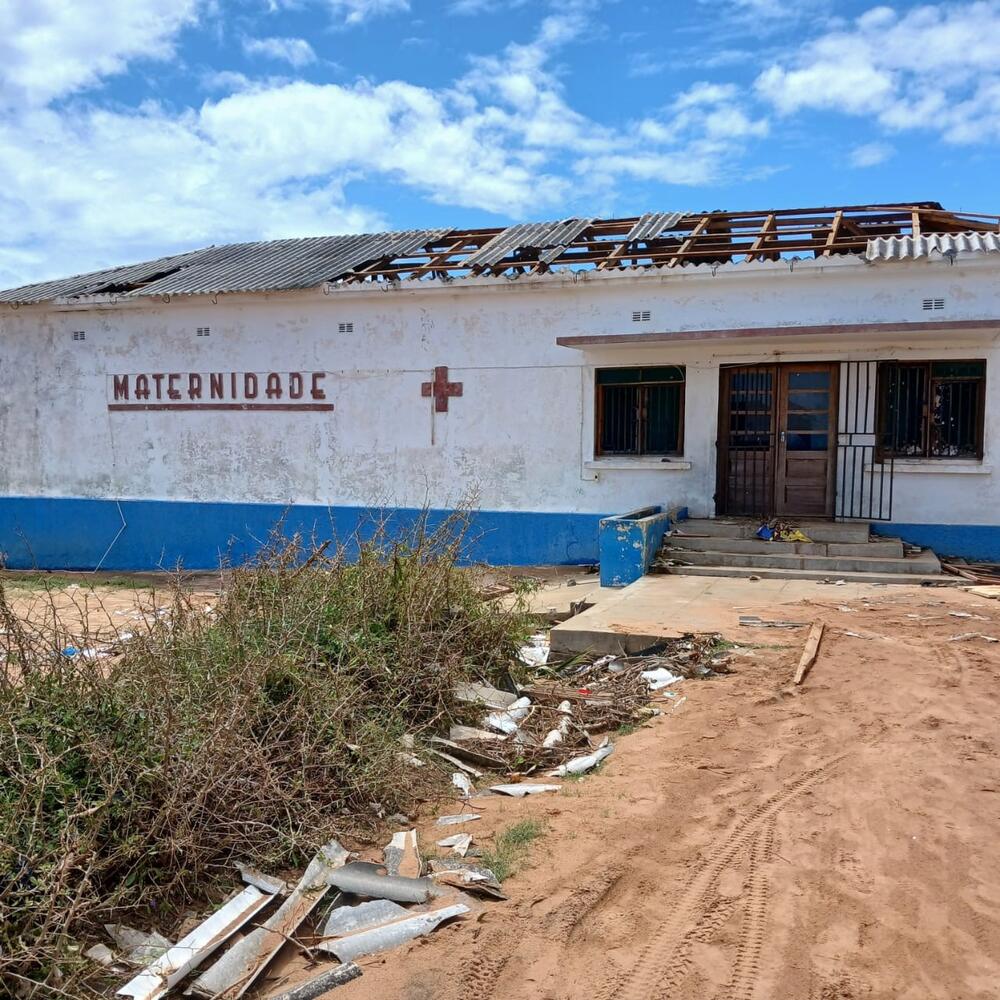
In response, UNFPA and its partners are taking swift action. Mobile and temporary safe spaces are being established to provide immediate shelter and support for women and girls. GBV case management services, including psychosocial support and referral pathways, are being expanded, while dignity kits and medical essential items are distributed to meet immediate needs. Urgent GBV awareness messages are being delivered in community gatherings, and GBV services are being integrated into broader humanitarian efforts, such as food and water distributions.
I wish the night wouldn’t come again because I am a female-headed household and didn’t know what would happen while sleeping under the tree without light.
The human toll of this disaster is starkly reflected in the stories of survivors. Cecília Wachave, a 45-year-old mother of two daughters from Wiyeweya Village in Mecufi district (Cabo Delgado), shared her fears: “I wish the night wouldn’t come again because I am a female-headed household and didn’t know what would happen while sleeping under the tree without light.”
As the GBV AoR lead, UNFPA is committed to fostering a coordinated, multi-sectoral response to this crisis, working hand-in-hand with local partners to ensure the needs and voices of women and girls are central to response efforts. By reducing risks, restoring safety, and empowering survivors, UNFPA strives to bring hope and dignity back to the lives of those affected by Cyclone Chido.
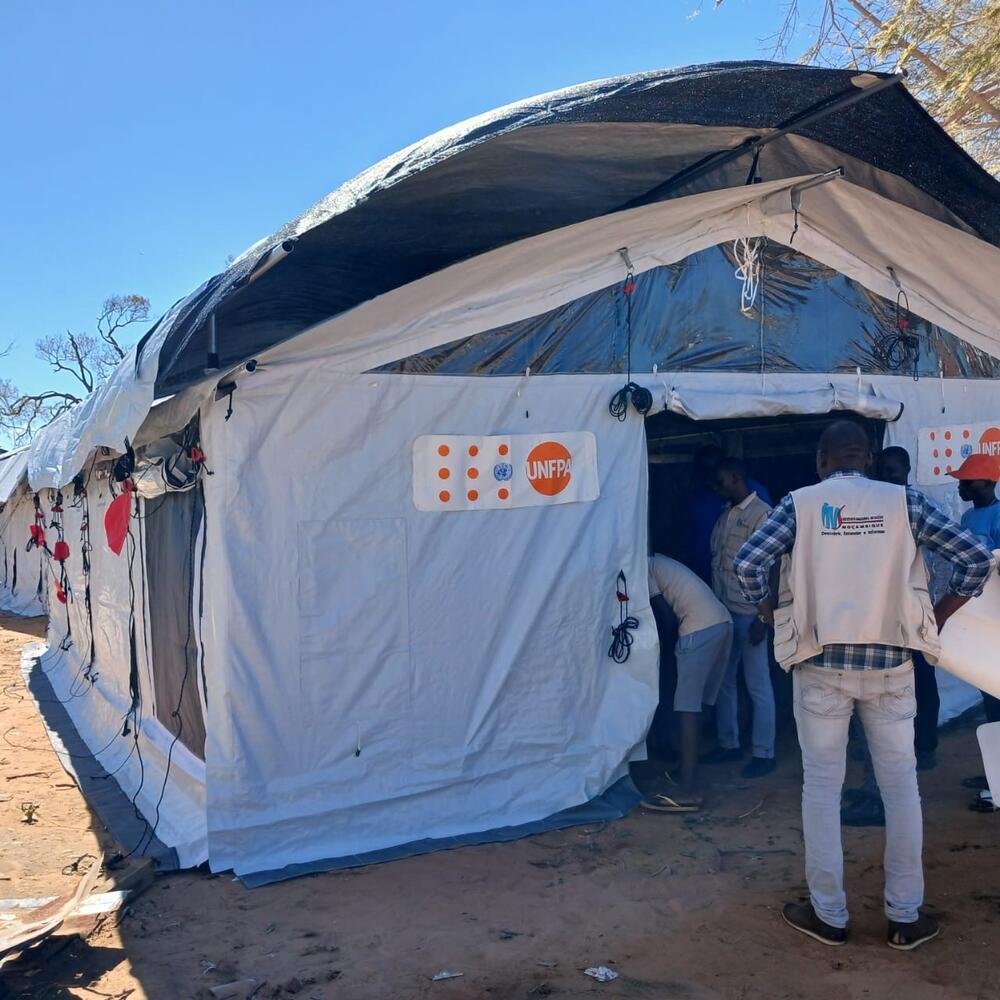
As Mozambique embarks on the road to recovery, UNFPA remains unwavering in its dedication to safeguarding the rights and well-being of women and girls, ensuring they are not left behind in the rebuilding process.
UNFPA urgently needs $5,720,310 to support communities impacted by Cyclone Chido. There is currently a funding gap of $5,256,314, and only $464,000 is available to ensure the provision of critical services, including gender-based violence support and sexual and reproductive health services.

